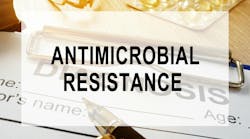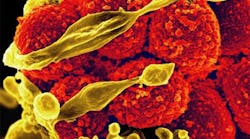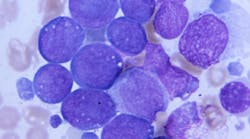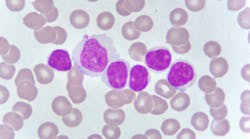Scientists analyzing the effects of an organic compound on drug resistance bacteria have discovered how it can inhibit and kill a germ that causes serious illness or in some cases death.
Pseudomonas aeruginosa is a type of bacteria, often found in hospital patients, which can lead to infections in the blood, lungs (pneumonia), or other parts of the body after surgery.
Hydroquinine, an organic compound found in the bark of some trees, was recently found to have bacterial killing activity against the germ and several other clinically important bacteria, including Staphylococcus aureus, Escherichia coli, and Klebsiella pneumoniae.
The team behind the discovery, from the University of Portsmouth and Naresuan and Pibulsongkram Rajabhat Universities in Thailand, have now explored the molecular responses of Pseudomonas aeruginosa strains to hydroquinine. They did this by looking at which genes were switched on and which were switched off in response to the drug.
The new study, published in Antibiotics, revealed hydroquinine significantly alters the expression levels of virulence factors Pseudomonas aeruginosa. It also suggests the compound interferes with the assembly and movement of the bacteria.





